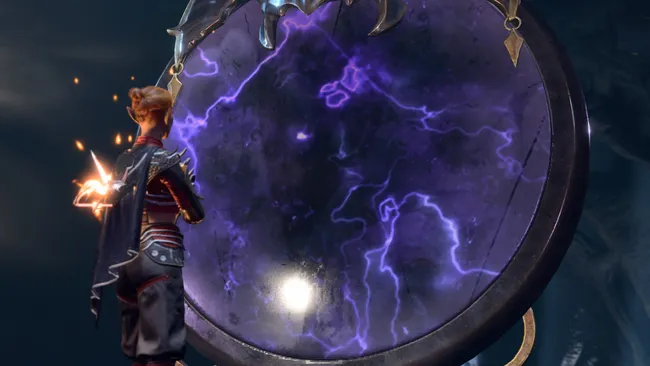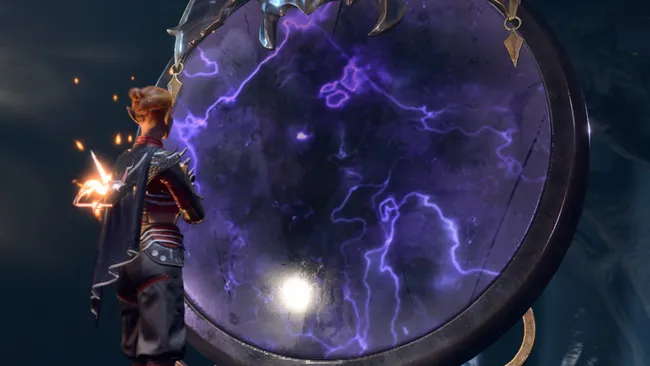Loss is an inevitable part of human existence, one that leaves indelible marks on our souls. In life’s journey, we often encounter moments of joy, triumph, and fulfillment. But interwoven into these experiences is loss—an undeniable reality that often shatters the comfortable rhythm of life. Whether it’s the loss of a loved one, a career, a relationship, or even one’s own sense of identity, the mirror of loss reflects back something profoundly transformative.
The Nature of Loss
Loss comes in various forms, and its emotional weight is unique to each individual. The first and most recognized form of loss is death—the final departure of someone dear to us. Whether expected or sudden, the death of a loved one leaves an emotional void that can take years, if not a lifetime, to process. However, loss isn’t confined to death alone. Loss of friendships, homes, opportunities, or even intangible things like faith and hope are equally significant in shaping one’s emotional landscape.
The psychological mirror that loss holds up to us is complex. It not only reflects the immediate pain and grief but also shows us deeper insights into ourselves. It challenges the assumptions we hold about permanence, stability, and control. In its reflection, we often see our fears, our vulnerabilities, and the transient nature of everything we once thought was solid.
The Emotional Journey of Loss
The emotional journey through loss is rarely linear. It’s often described using stages—denial, anger, bargaining, depression, and acceptance—coined by the Swiss-American psychiatrist Elisabeth Kübler-Ross. While these stages are often accurate, they are not universal. Some people may skip stages, revisit them, or experience them in a different order. The truth is, grief is personal, and everyone’s mirror of loss reflects their journey in different ways.
Denial and Shock
The initial response to loss is often one of shock or denial. In this stage, individuals struggle to accept the reality of what has happened. They may feel numb or disconnected from their emotions, as though they are watching their life from outside themselves. The mirror, at this stage, seems fogged over, obscuring the reality of what has occurred. Denial serves as a psychological buffer, allowing time to gradually process the event.
Anger and Frustration
As denial fades, it is often replaced by anger. The sense of unfairness, helplessness, or betrayal that comes with loss can manifest as frustration directed at oneself, others, or even life itself. This anger is a reflection of unmet expectations—those moments when we realize that life hasn’t adhered to the plans we had in mind. The mirror of loss during this stage can be hard to face, as it shows the rawness of our emotional pain.
Bargaining and Regret
Bargaining is the stage where individuals begin to ruminate on the “what ifs” and “if onlys.” They may attempt to reverse or undo the loss through mental bargaining with a higher power or with fate itself. The mirror during this stage reflects regret—regret for things left unsaid, moments missed, or opportunities lost. It can be one of the most difficult stages, as it often brings with it a sense of guilt, whether warranted or not.
Depression and Isolation
Depression, which often follows bargaining, is a profound stage where the reality of the loss sets in. It’s the mirror’s darkest reflection—a sense of emptiness, despair, and hopelessness. Individuals may feel disconnected from the world around them, isolated in their grief. It’s in this stage that people often confront the permanence of their loss, feeling as though life will never return to normal. Yet, while difficult, this stage can also be a turning point. In fully acknowledging the depth of the loss, individuals begin the slow journey toward healing.
Acceptance and Growth
Acceptance doesn’t mean forgetting or minimizing the loss. Instead, it signifies a shift in perspective. It’s about recognizing that, despite the pain, life continues, and the mirror of loss shows that the scars of grief are part of one’s story. In acceptance, individuals find a way to move forward—not by erasing the loss but by carrying it with them in a healthier way. It’s in this stage that growth often occurs. Many find new meaning in life, develop greater empathy for others, or discover strengths they didn’t know they possessed.
The Transformative Power of Loss
Loss, though painful, is often transformative. The mirror of loss forces individuals to reevaluate their priorities, relationships, and beliefs. It can lead to profound personal growth and a deeper understanding of life’s impermanence. Those who experience significant loss often emerge from the other side with a renewed sense of purpose or a new approach to life.
For example, after the loss of a loved one, some individuals may channel their grief into positive action—starting foundations, participating in awareness campaigns, or offering support to others going through similar experiences. This is often called “meaning-making” in grief therapy, where individuals find ways to give their loss purpose. The mirror, once clouded with grief, now reflects resilience and strength.
Finding Support Through Loss
One of the most important things to remember about loss is that it doesn’t have to be endured alone. Support from friends, family, counselors, and support groups can make a significant difference in how individuals cope with their grief. Sharing the burden of loss can lighten its weight and allow for a more compassionate view of the person reflected in the mirror.
Many people also find solace in rituals—whether religious, spiritual, or personal. These rituals, such as lighting a candle, visiting a grave, or creating a memory book, help individuals honor the loss while still continuing with their lives. Such acts create moments of connection to the past, offering comfort in the present.
Conclusion: The Mirror of Loss and Moving Forward
The mirror of loss is a stark reminder of life’s fragility, but it’s also a reflection of strength, resilience, and the capacity for growth. While loss is painful and grief may seem overwhelming, it is possible to find meaning in it. Through acceptance, support, and time, the reflection in the mirror can shift from one of sorrow to one of endurance and even hope. Loss, while ever-present, becomes a part of the individual’s story—a testament to love, resilience, and the ongoing journey of life.







